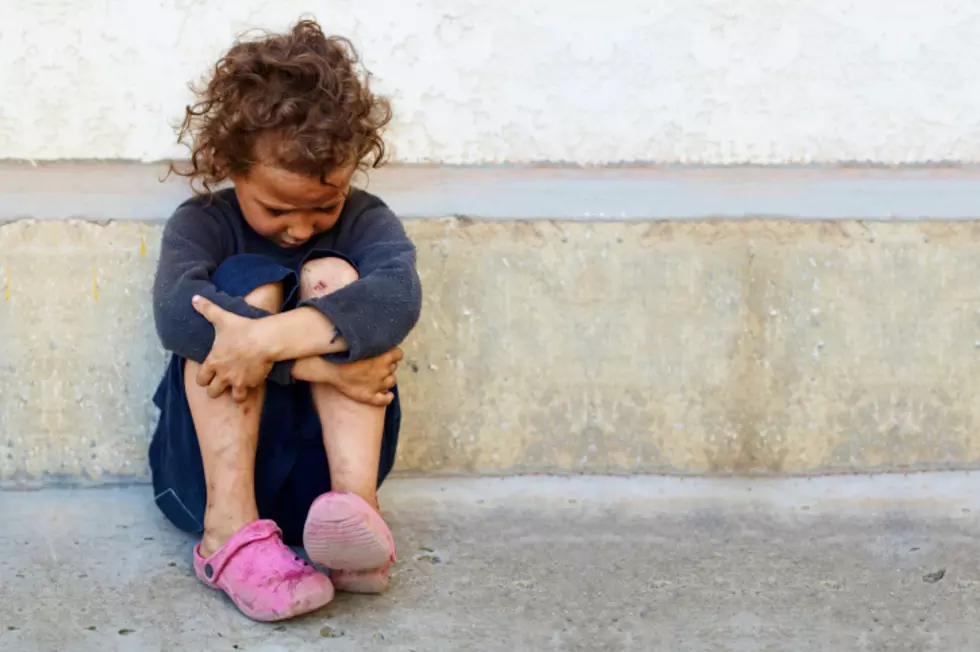
New Jersey now has 49 confirmed cases of Zika
New Jersey now has 49 confirmed Zika cases, the mosquito borne illness that can cause severe birth defects in pregnant women.
To address the potential threat the state Department of Health is traveling around New Jersey holding Zika forums..
According to Dr. Arturo Brito, a New Jersey Health Department deputy commissioner, the Zap Zika campaign that began back in March is focusing on making sure “everyone stays informed about the Zika virus in the state of New Jersey, the information is constantly changing about this virus.”
He said “we’re particularly focusing on the potential risk the virus poses to unborn children, which is why they are focusing on pregnant women and those considering becoming pregnant — and their male partners.”
Brito stressed to this point health officials have not seen any Zika cases originating in the Garden State.
“Our focus of this campaign has been and continues to be for individuals, particularly pregnant women and their male partners, traveling to Zika impacted countries,” he said.
That includes almost all countries in Central and South America and the Caribbean, so he said it’s very important “to really think twice about traveling to any of these countries if you’re pregnant, thinking about being pregnant, or are a male partner of a woman thinking about being pregnant or who is already pregnant."
Brito said updated recommendations have been made by the Centers for Disease Control regarding Zika: “If you’re a woman who travels to a Zika-impacted country and you develop symptoms of Zika or are diagnosed with it, then the recommendation is to wait at least eight weeks after the symptoms started before trying to get pregnant."
And if you’re a man “who develops Zika symptoms or is diagnosed with Zika while traveling or because of traveling to an impacted country, you should wait at least six months after symptoms started," he said.
He said Zika virus — which may be transmitted sexually — has been found in the semen of men for as long as 62 or 63 days, “and what the CDC does is takes that and multiplies that by three out of an abundance of caution to give that length of time.”
The eight-week recommendation for women “is based on how long the Zika virus is known to stay in the blood — 7 to 10 days, and perhaps up to two weeks, so out of an abundance of caution, they’re recommending waiting to try and get pregnant for eight weeks.”
He said symptoms of Zika can include low-grade fever, conjunctivitis, joint pain, headache and a rash, but it’s important to remember with Zika “symptoms tend to be mild, No. 1, and No. 2, only one in five people who get the Zika virus actually develop symptoms, so somebody may travel to a Zika impacted country, come back to New Jersey or anywhere in the continental United States, have no Zika symptoms, yet they may have been infected.”
If Zika virus is transmitted, an unborn child is at risk of developing birth defects including a smaller head and brain.
“How much that risk is, is still under investigation, but there certainly has been a link that has been found,” he said.
Brito said the health department is traveling to locations throughout the state — including women’s health clinics, medical schools and hospitals — and organizing calls with other service providers such as local health departments and maternal child health providers.”
He also said the type of mosquito transmitting Zika virus is usually the Aedes aegypti mosquito, “which does not tend to reside in the state of New Jersey, but there is a cousin, if you will, the Aedes albopictus mosquito that does live in New Jersey, that has in the past transmitted the Zika virus.”
The New Jersey Zika hotline is 1-800-962-1253.
More From New Jersey 101.5 FM









